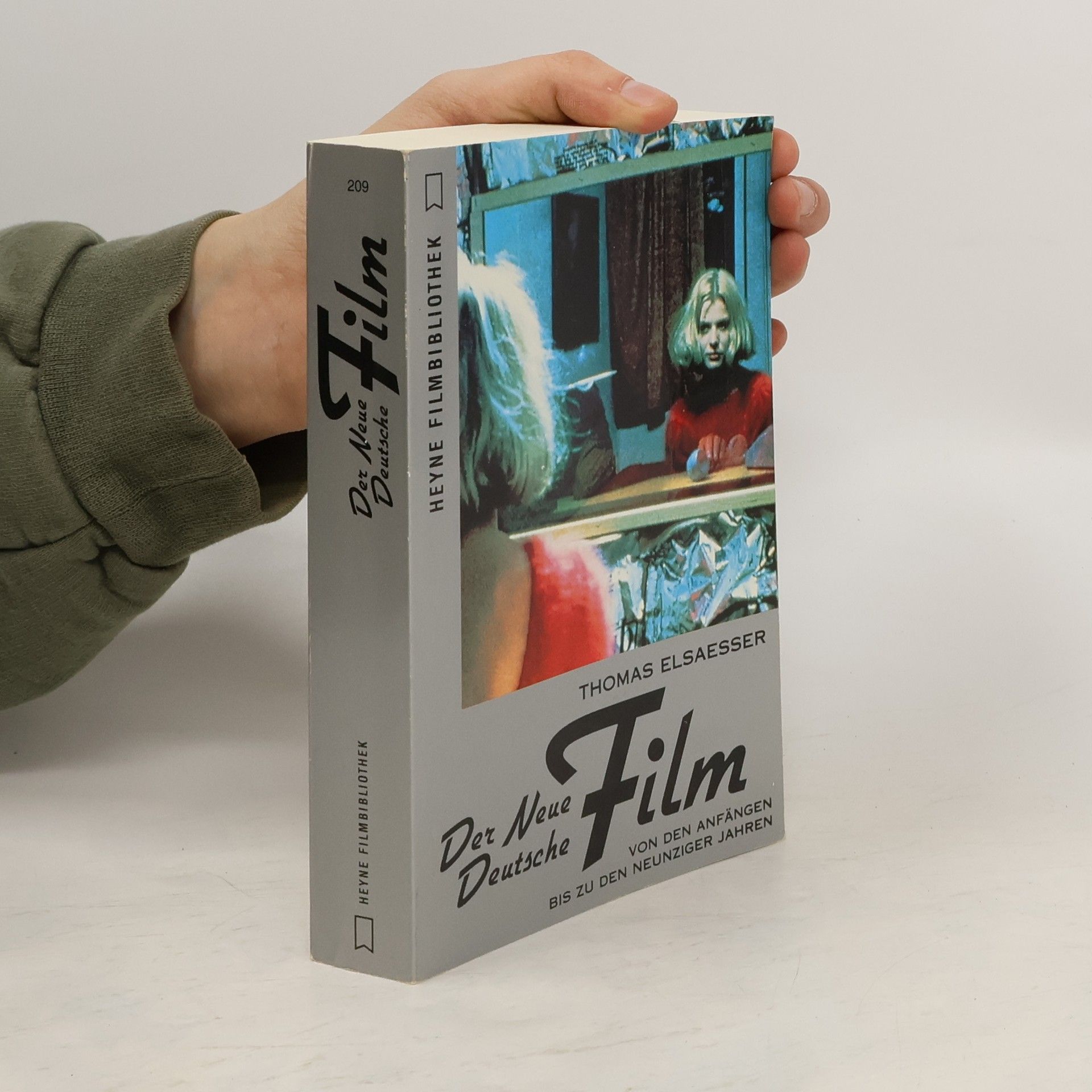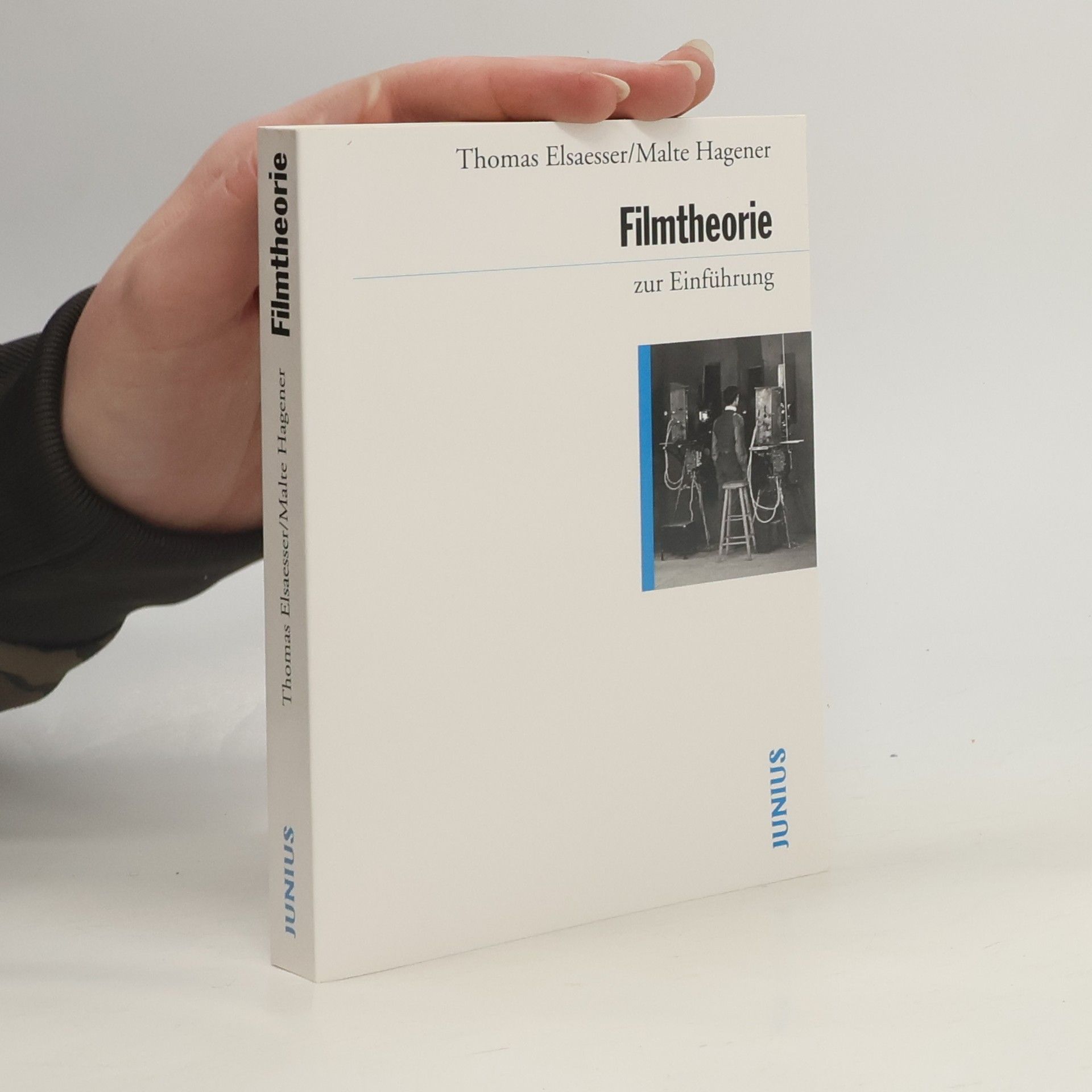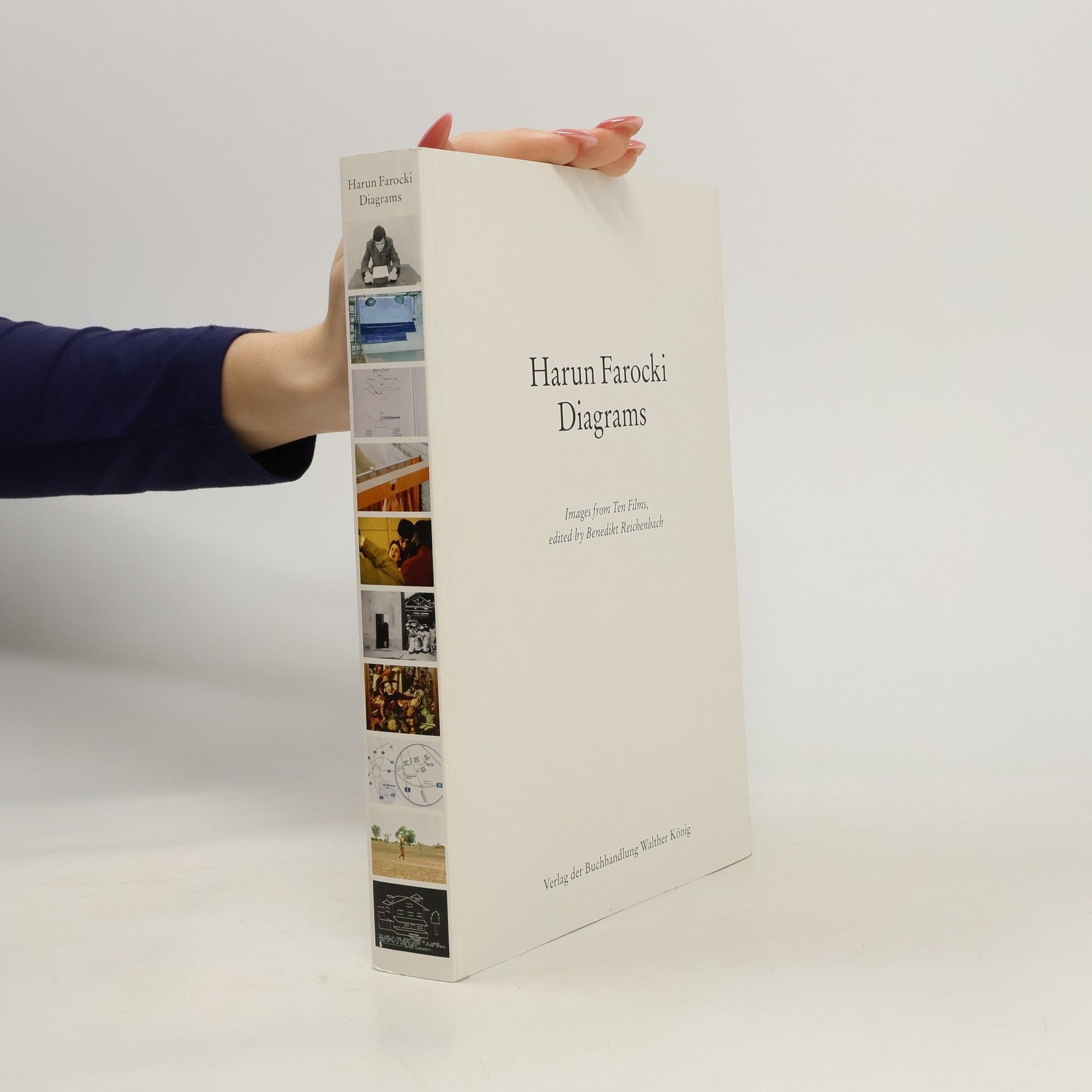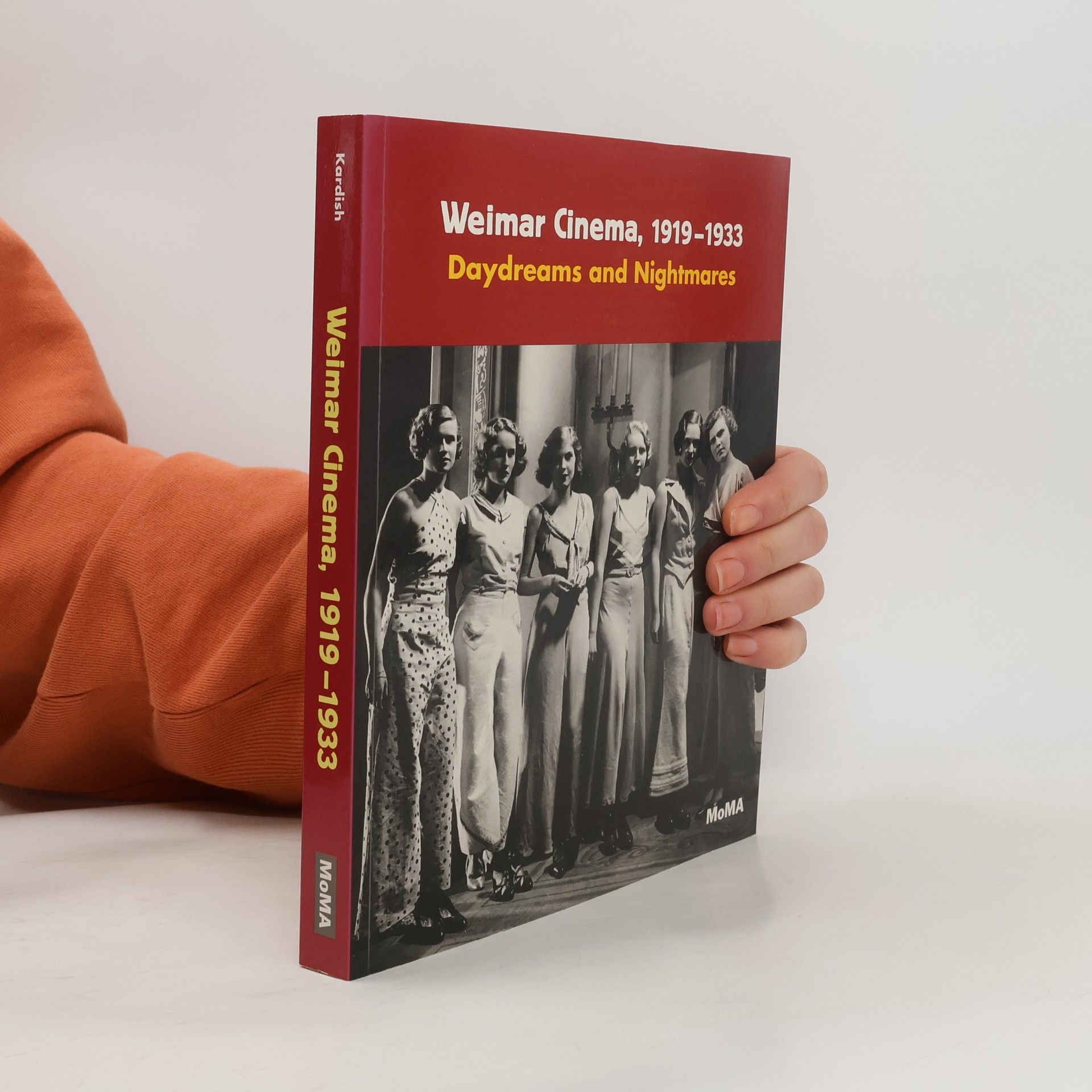Concepts and Applications of Nonlinear Terahertz Spectroscopy (Second Edition)
- 202 Seiten
- 8 Lesestunden
This book focuses on nonlinear terahertz spectroscopy of condensed matter and introduces basic concepts, technologies, and methods for an interdisciplinary research audience. Recent applications in basic science illustrate the potential and relevance of the field.





